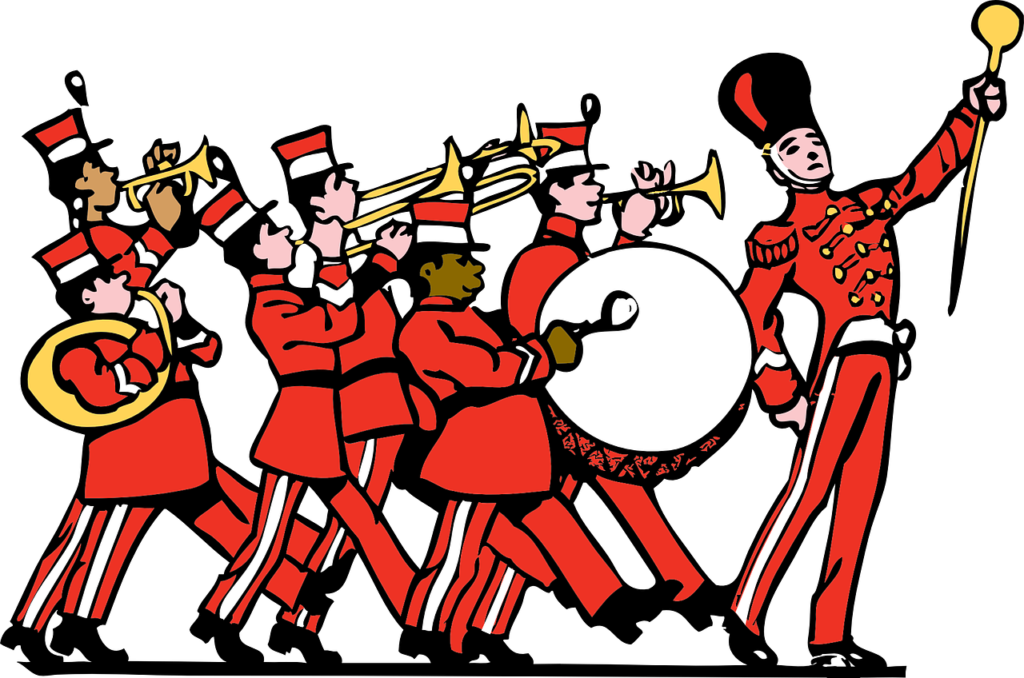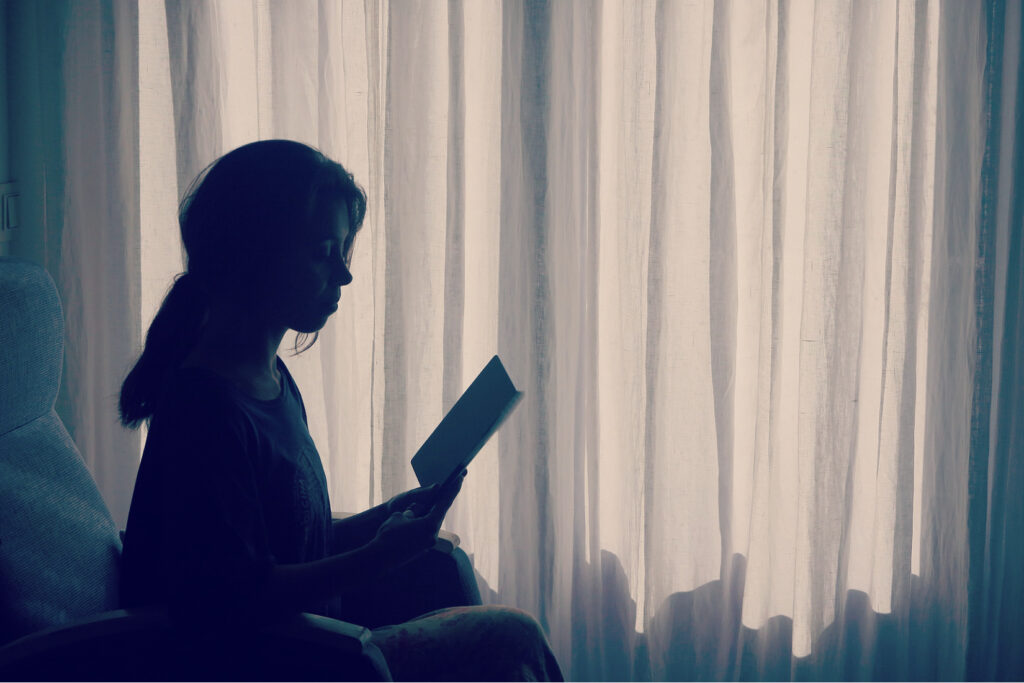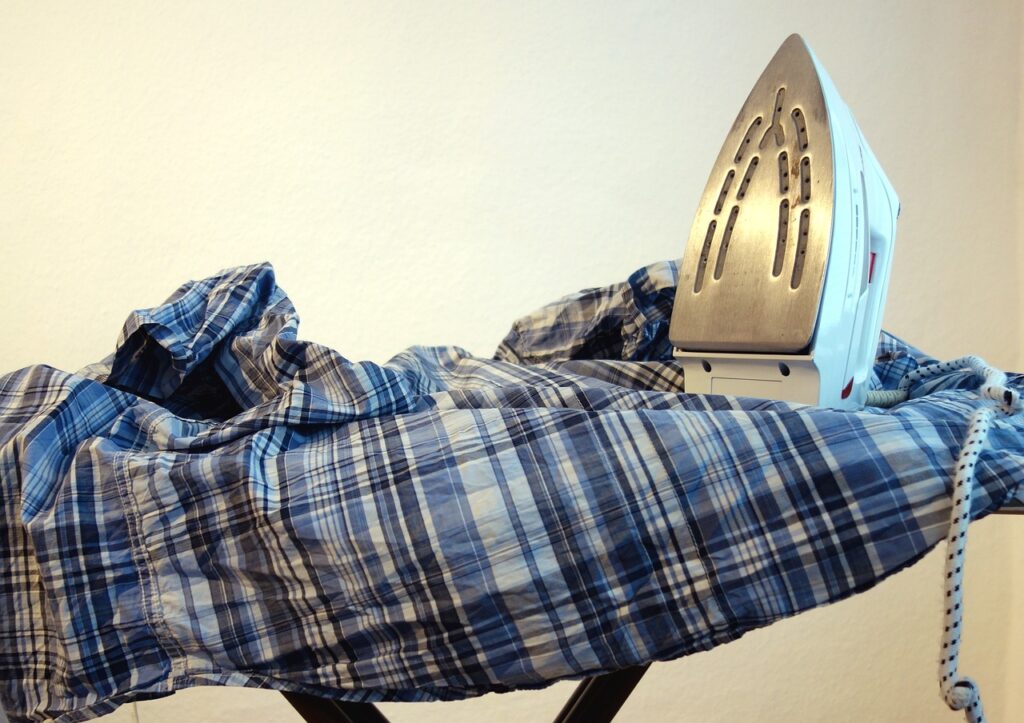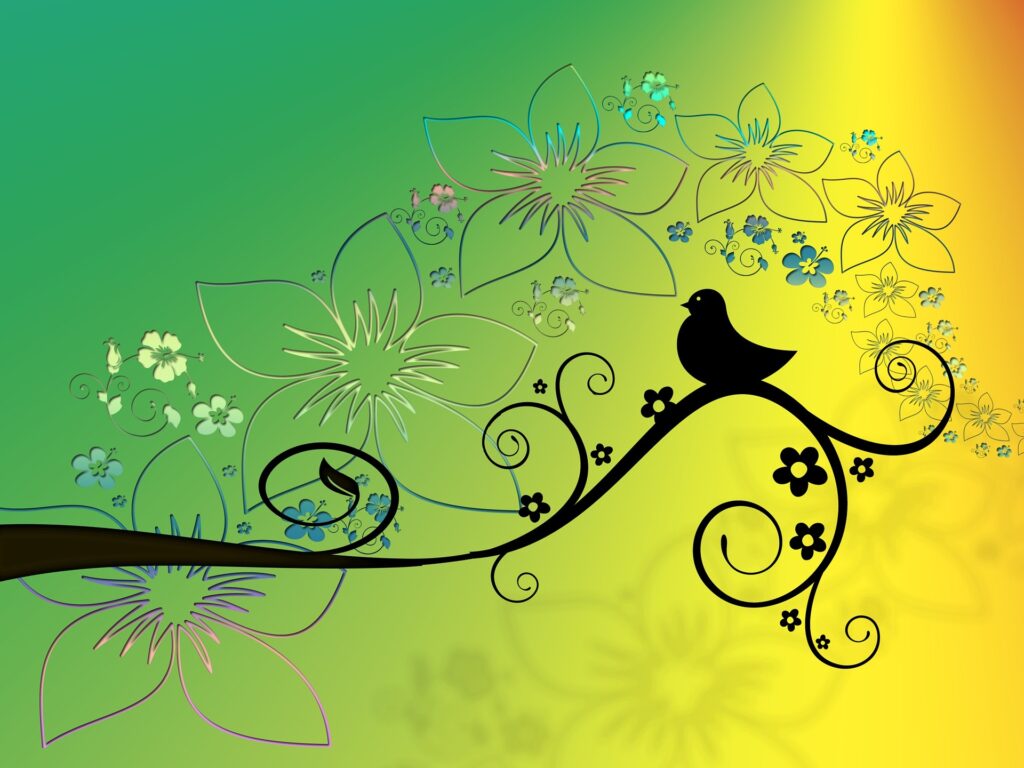
I thought I’d chat with you today about the bravery game and the unexpected gift that it brought me. The game goes like this. . .
To play, you accept the premise that anything can happen – dire things you haven’t ever entertained, even in your nightmares. But real life is like the bravery game. In it, catastrophes happen. In different times, in different ways, to different folks, suddenly the whole world is irrevocably changed,
The point of the game is to enhance your bravery. You start by asking yourself, “What’s the worst that can happen?” It’s not death. That’s for sure. There are things far, far worse. Try to imagine a real answer to that question, an answer that touches on your own pet nightmare scenario. “What’s the worst that can happen?”,
So I’ll tell you mine: It’s having the same nightmare happen to everyone at once. In it, everything and everyone you know is damaged or destroyed, but you’re still standing. Some “anything” you never expected to happen happened. (Good things happen, too, of course, all the time. As I sometime remind myself, you do have to hold open the possibility that things could turn out just fine. But that’s another story that requires a different kind of courage. What we’re talking about here is the bravery it takes to face the worst.)
The next step in this game, this process, is to ask yourself, “In the face of this stunning situation, what can I do? Who do I want to be?”
Then you do it and be it. Except you have to answer both questions first. Deciding what you can do and what kind of person you want to be, calls for choices. Look at the possibilities and pick the one that works for you. Then act the part, and keep on acting until you become who you chose to be.
As for the nightmare scenario, yours is whatever it is. The point is to face it, and decide how you will respond. Then, whatever befalls you, you’ll already know who you’re going to be, how you’re going to manage it, what attitudes and inner resources you’re going to take along. It makes you feel strong.
But it does something else, too. Something unexpected.
At least that was my experience with it today. I was driving along on a perfect late spring day, the air fresh after a morning rain and everything sparkling. The sunlight was just low enough to take on that golden not-yet-sunset sheen and was spilling long purple shadows over everything.
I was casually noticing how pretty it was, when all of a sudden I happened to notice my eyes blink. It was just a routine, automatic, eye-wetting blink, nothing special. But as I noticed it, an inner voice said, “That quickly, it can change.”
Having played the nightmare game, instead of feeling fear, I became fully alert and gave the scene my full attention. No danger was in view. Instead, the world before me was fully alive and unspeakably beautiful. And I realized that’s the case wherever we are, all the time. When you’re not afraid of unexpected change, when you already know how to respond, you’re free to see the world’s wonders.
That face before you. That familiar scene. This particular moment in time. No matter what stories you’ve built around them, imagine them suddenly demolished. Snap! In the blink of an eye. See? See how priceless they become to you? See all that they represent? Appreciate them. Wrap yourself in gratitude for the experiences they give. Because we can hold on to nothing but what our hearts and souls contain.
Besides, what’s so new about change, whether we experience it as sudden or not? Everything is changing, everything and everyone, right this very now. (It’s a big place, now. Big enough, they say, to hold everything that anyone anywhere ever imagines and more.)
If it feels like we’re all subject to some imminent cosmic convergence of events, that’s because we are. Don’t be afraid. That’s what things do here in this world. They come together and dance apart. It’s like living inside a kaleidoscope. Everything changes, all the time. Everything is in motion.
But here’s the cool thing. We have a say in the way we’ll experience and respond to change. We get to decide what we will do and who we are choosing to be. And knowing that can produce some powerful results.
I think it was Deepak Chopra who said our thoughts are like bait we toss into the cosmic soup [where infinite possibilities exist]. What you’ll reel in depends, to a great extent, on the kind of bait you toss out. I say throw some shining, wiggling hopes out here. Your best and brightest ones. And believe that the guy who’s holding the pole (That’s you.) knows exactly what he’ll do with whatever he reels in. Because he knows that anything can happen. In the blink of an eye. And he’s not afraid.
Wishing you a week in which you cannot be fazed. Forward, my brave friends!
Warmly,
Susan
Image by RENE RAUSCHENBERGER from Pixabay








